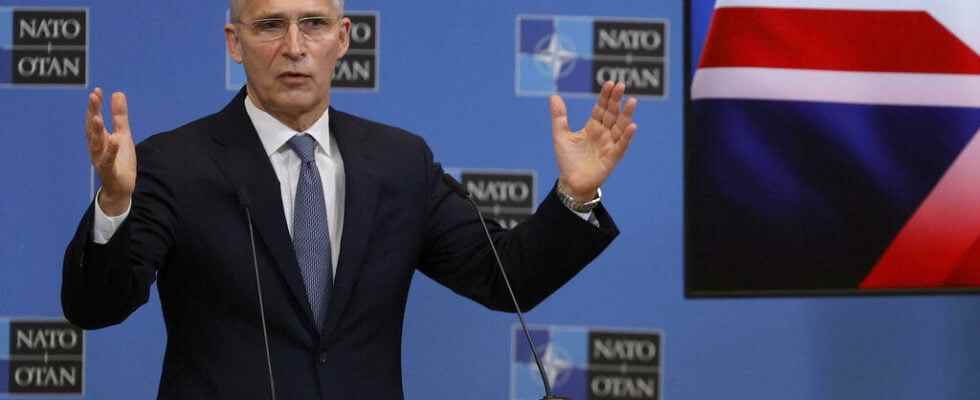German Chancellor Olaf Scholz receives the leaders of the Baltic countries this evening in Berlin
Russian forces have just launched ten-day joint military maneuvers in Belarus. They are of particular concern to the countries of the region, Lithuania, Latvia and Estonia, which are witnessing Russia’s standoff with the West. It is in this context that the German Chancellor Olaf Scholz receives this Thursday evening in Berlin the leaders of the Baltic countries.
Olaf Scholz has been criticized for his perceived timorous stance on the Ukrainian file, accused of not getting involved enough and maintaining ambiguity over the fate of the Nord Stream II gas pipeline. Germany refuses, moreover, to deliver weapons and even prevents Estonia, which inherited D-30 howitzers from the GDR, from sending them to Ukraine.
This Thursday evening’s meeting in Berlin is all the more important as NATO’s commitment on the eastern flank is one of Russia’s major concerns. The 2004 integration of the Baltic countries into the Atlantic Alliance has never been digested by Moscow, which is now asking NATO to reconsider its deployment in the region.
Five hundred Bundeswehr soldiers are currently present in Lithuania, a small country bordered by the Russian enclave of Kaliningrad and Belarus. Vilnius has been calling for a reinforcement of NATO’s presence for months. On Monday, Christine Lambrecht, the German Defense Minister, announced the dispatch of 350 additional soldiers to Lithuania, a gesture interpreted as an “important signal of the attention paid to the region” by Vilnius.
A few hours before the meeting with the Baltic countries, Olaf Scholz assures us that he believes in the “progress” born of the resumption of intense diplomatic exchanges with Moscow. It remains to be seen whether his guests will share his optimism.
